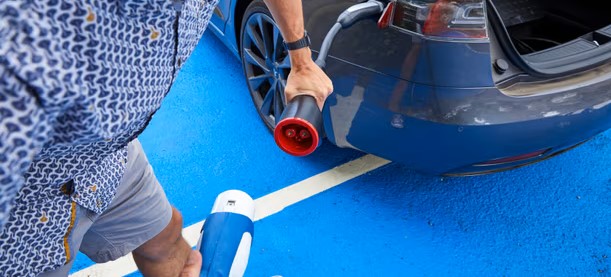Support
FAQ
Can’t find the answer? Ask us!
Resources

Extending EV Charging Cables through Daisy-Chaining: Does it Work?
The rise in electric vehicle (EV) adoption has resulted in a growing need for charging stations and innovative solutions for charging at home or in…
Harnessing the Power of Home EV Charging with Dynamic Load Balance
Spark Your Charge: Unleashing the Electric Energy of Your Home with Dynamic Load Balance!
Fast Troubleshooting
Like any electronic device, EV chargers can encounter issues from time to time. Here are some fast troubleshooting tips to help you identify and fix…
Tips of EV Charging for New EV Drivers
As an electric vehicle (EV) driver, one of the most important aspects of your daily routine will be charging your vehicle. Unlike filling up a…
